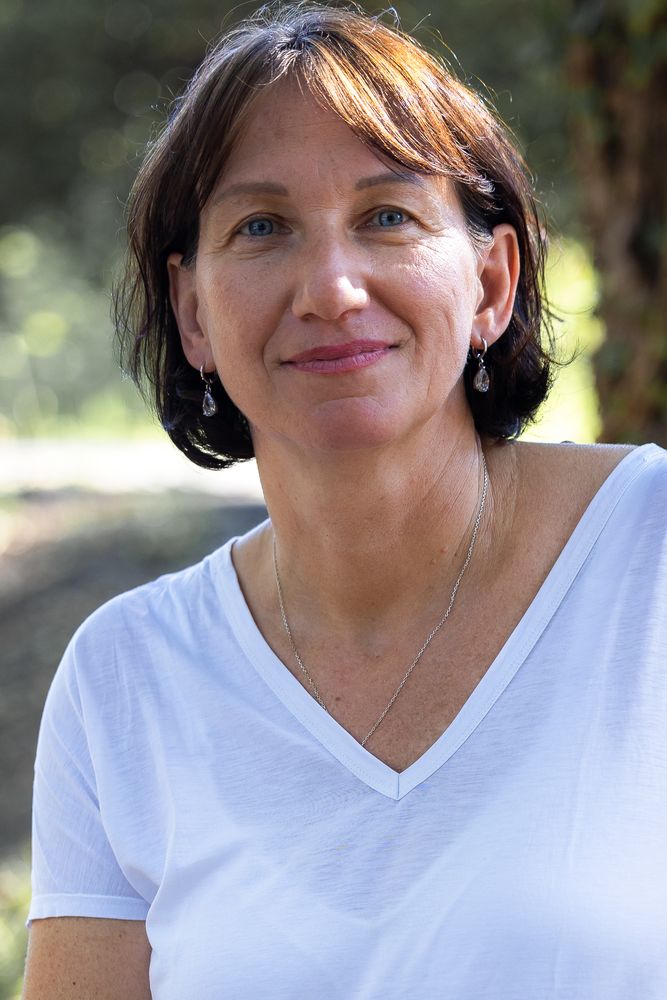Therapiemosaic.com is dedicated to MOSAIC Therapy, in particular to the training of health practitioners such as psychologists, clinical psychologists, psychiatrists, EMDR psychotherapists, and any health professional with a counselling orientation.
The training courses are divided into several parts:
All training courses take place in groups, from distance by video conference or in person.
For more information, please consult the training agenda or contact us via our dedicated section.
A solutionist therapy
Several forms of psychotherapy allow us to identify, revisit and « digest » the traumas at the origin of psychological suffering. Based on neuroscience, EMDR and sensory stimulation, MOSAIC Therapy proposes a change of posture during the session, whose innovative method consists in avoiding the patient’s suffering linked to the exposure of traumatic memories. This absence of suffering also brings comfort to the psychotherapist.
This protocol, which renews the accompaniment to change, focuses precisely on the potential and solutions already present in each person, through the body experience. These resources can be activated by physical sensations and alternating bilateral stimulations allowing for neuronal reconsolidation.

*** Conférence à Caen ***
Un grand merci aux Pr Bui et Guillery pour ces magnifiques conférences sur le psychotraumatisme ...
Un bel accueil à la thérapie MOSAIC !!
#MOSAIC #formations #neurosciences #therapie #psychotherapie #TSPT
*** Conférence à Caen ***
Un grand merci aux Pr Bui et Guillery pour ces magnifiques conférences sur le psychotraumatisme ...
Un bel accueil à la thérapie MOSAIC !!
#MOSAIC #formations #neurosciences #therapie #psychotherapie #TSPT

Stéphanie Khalfa holds a PhD in Neuroscience from the Université Claude Bernard (Lyon 1). In Canada, she pursued her studies as a post-doctoral fellow at the Université de Montréal.
As a clinical psychologist, she has been involved since 2008 in research into the brain mechanisms underlying the effectiveness of EMDR therapy in post-traumatic stress disorder (PTSD). This research has been recognized with the 2019 David Servan-Schreiber Award.
As an EMDR therapist, she has trained in Nonviolent Communication (NVC), Internal Family System (IFS), Ericksonian hypnosis and neurofeedback.
The results of her research and EMDR practice led her to co-create MOSAIC Therapy (Alternate Eye Movement and Stimulation for Brain Integration) in 2019, and then to continue the work of transforming and evolving MOSAIC Therapy on her own from February 1, 2021. Read more…
The results of her research and EMDR practice led her to co-create MOSAIC therapy (Alternate Eye Movement and Stimulation for Brain Integration) in 2019.
Stéphanie Khalfa teaches MOSAIC therapy and hypnosis at Université Nice Sophia Antipolis, Université Savoie Mont Blanc in Chambéry, Université de Lorraine (Metz) and Université Paris 1 Panthéon-Sorbonne. She designs and offers general and specific training courses in MOSAIC therapy, as well as supervision sessions for MOSAIC practitioners. Alongside the training and supervision she leads, she conducts clinical and neuroscientific studies demonstrating the therapeutic efficacy of MOSAIC and characterizing its neural modes of action.
She is also supervising two doctoral theses in psychology devoted to this research.